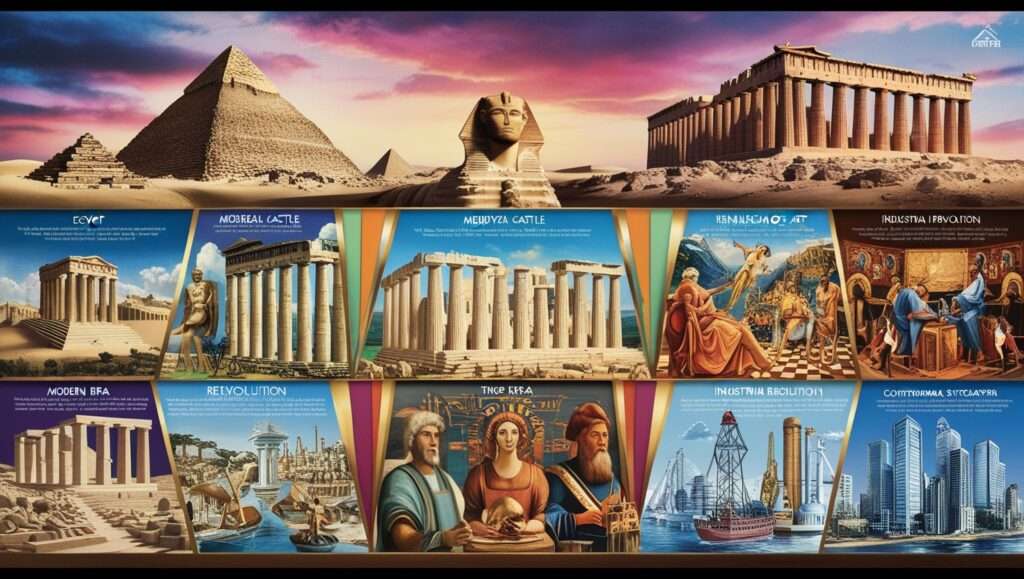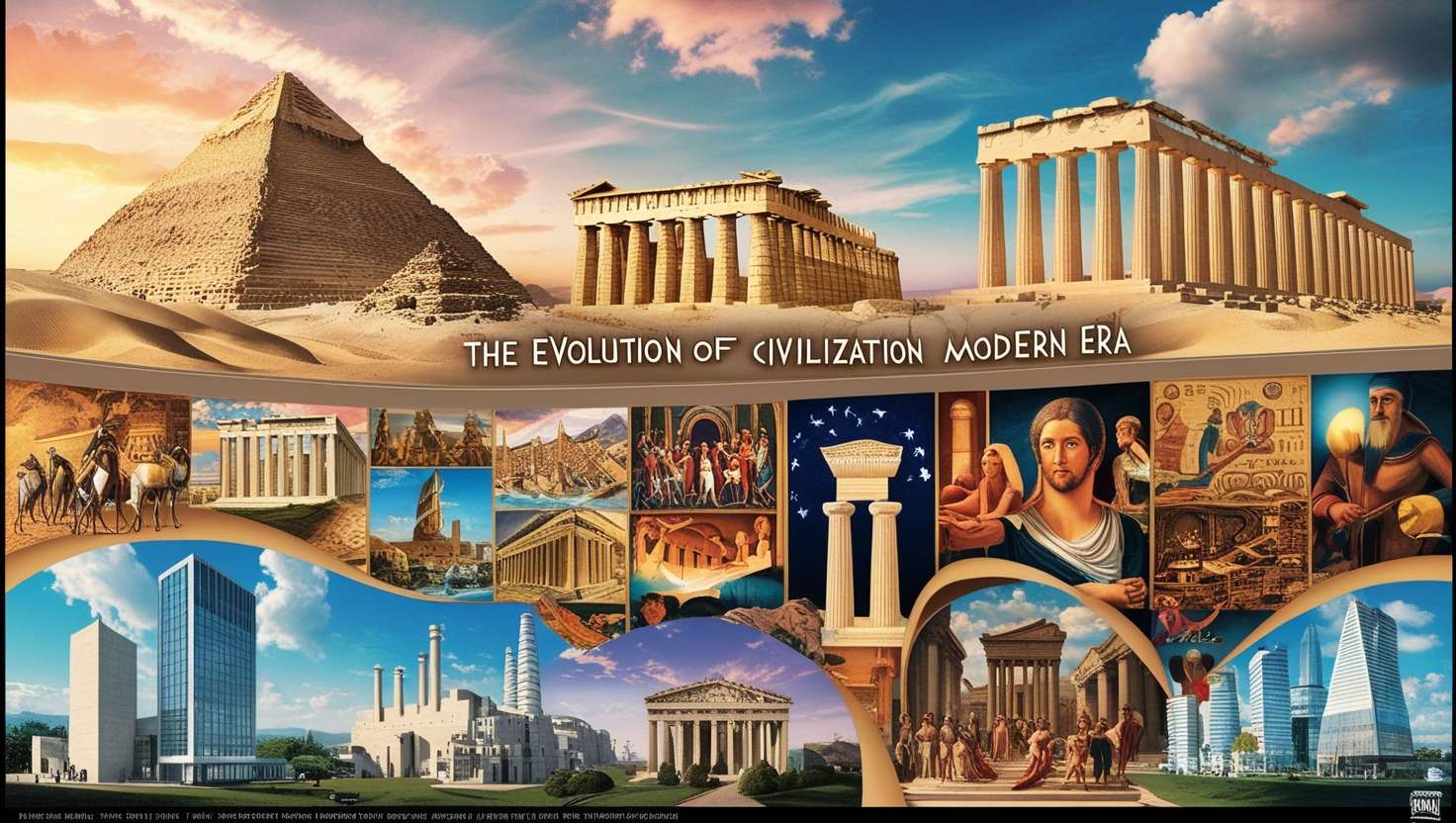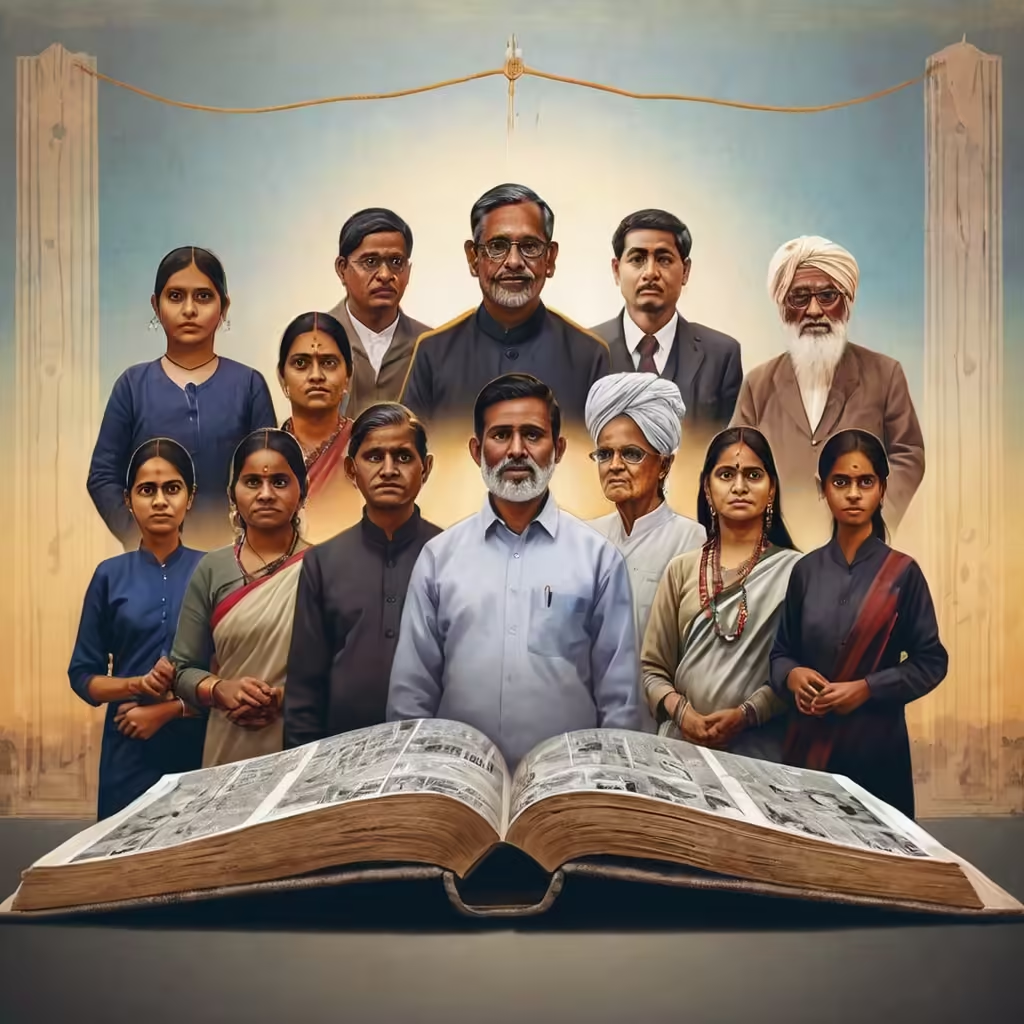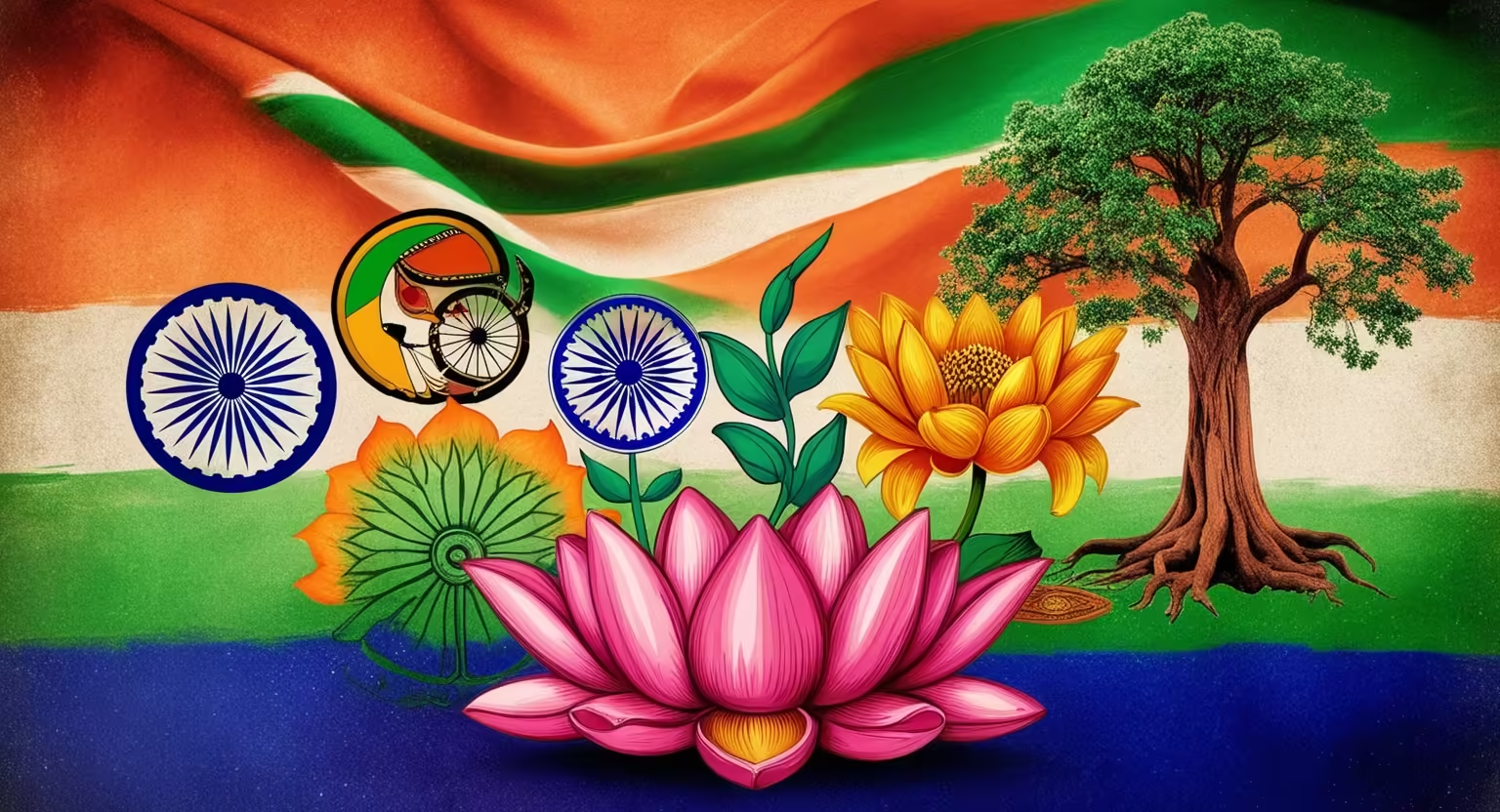Table of Contents
ToggleThe Evolution of Modern Society
Modern society has evolved through significant milestones, each era building on the advancements and challenges of its predecessors. This journey from ancient civilizations to the digital age showcases human resilience, ingenuity, and the relentless pursuit of progress. Let’s explore the key phases in the evolution of modern society.
1.Ancient Civilizations: Foundations of Society
Mesopotamia: Cradle of Civilization
- Development of the first writing system, cuneiform.
- Establishment of city-states like Ur and Uruk.
- The Code of Hammurabi, an early example of codified laws.
Egypt: Land of the Pharaohs
- Construction of iconic pyramids and monumental architecture.
- Advances in medicine, engineering, and art.
- Stable agricultural economy supported by the Nile River.
Indus Valley: Urban Planning Pioneers
- Sophisticated cities like Harappa and Mohenjo-Daro.
- Advanced drainage and urban planning systems.
- A yet-to-be-deciphered script indicating a complex administrative system.
China: Dynastic Innovations
- Shang and Zhou dynasties’ contributions to bronze work and silk production.
- Philosophical foundations laid by Confucianism and Taoism.
- Early examples of centralized governance and bureaucratic systems.
2.Classical Antiquity: Expansion and Innovation
Greece: Birthplace of Democracy and Philosophy
- Introduction of democracy in Athens.
- Philosophical advancements by Socrates, Plato, and Aristotle.
- Contributions to literature, mathematics, and science.
Rome: Builders of an Empire
- Expansion across Europe, Asia, and Africa.
- Engineering feats like aqueducts, roads, and large-scale architecture.
- Spread of Roman law and the establishment of Christianity.
3.The Middle Ages: Continuity and Change
Feudal Europe: A Hierarchical Society
- Emergence of feudalism with kings, nobles, knights, and peasants.
- Monasteries as centers of learning and preservation of classical knowledge.
- The impact of the Crusades on cultural and economic exchanges.
Byzantine Empire: Keepers of Classical Knowledge
- Preservation and continuation of Roman and Greek traditions.
- Significant contributions to art, theology, and law.
- The architectural marvel of the Hagia Sophia.
Islamic Golden Age: A Flourishing of Knowledge
- Advancements in science, mathematics, medicine, and philosophy.
- Scholars like Avicenna and Al-Khwarizmi making groundbreaking contributions.
- Transmission of knowledge to Europe, fueling the Renaissance.
4.The Renaissance: Rebirth of Learning
Humanism and Intellectual Revival
- Revival of classical knowledge and emphasis on human potential.
- Innovations in literature, art, and philosophy.
Age of Exploration and Discovery
- Expansion of geographical knowledge through exploration.
- Voyages by Columbus, Vasco da Gama, and Magellan.
- Global exchange of goods and ideas.
5.The Enlightenment: Age of Reason
Philosophical and Political Shifts
- Philosophers like John Locke, Voltaire, and Immanuel Kant advocating for liberty and reason.
- Influence on democratic revolutions and the idea of human rights.
Scientific Advancements
- Contributions by Newton and Galileo in understanding natural laws.
- Development of scientific methods for systematic inquiry.
6.The Industrial Revolution: Transformation and Innovation
Technological Advancements
- Introduction of machinery and factory systems.
- Rise of industrialization across various sectors.
Social and Economic Changes
- Shift from agrarian to urban societies.
- Development of social classes and labor movements.
7.The Modern Era: Globalization and Technological Advancements
Technological and Scientific Progress
- Innovations in communication technologies.
- Exploration of space and advancements in environmental sciences.
Challenges and Global Responses
- Efforts to address climate change and global poverty.
- Sustainable development goals and international cooperation.

Conclusion: Reflecting on Modern Society
The evolution of modern society reflects human resilience and innovation across millennia. From ancient civilizations to the present day, each era has contributed to progress while facing its own challenges. Understanding this rich history guides us in navigating today’s complexities and shaping a future focused on equality, sustainability, and global cooperation. By learning from the past, we harness lessons of adaptability and growth, striving towards a world that values diversity, fosters innovation responsibly, and addresses global issues with collective action. This journey underscores our capacity to overcome obstacles and build a more inclusive and sustainable future for generations to come.




0 thoughts on “THE EVOLUTION OF MODERN SOCIETY”